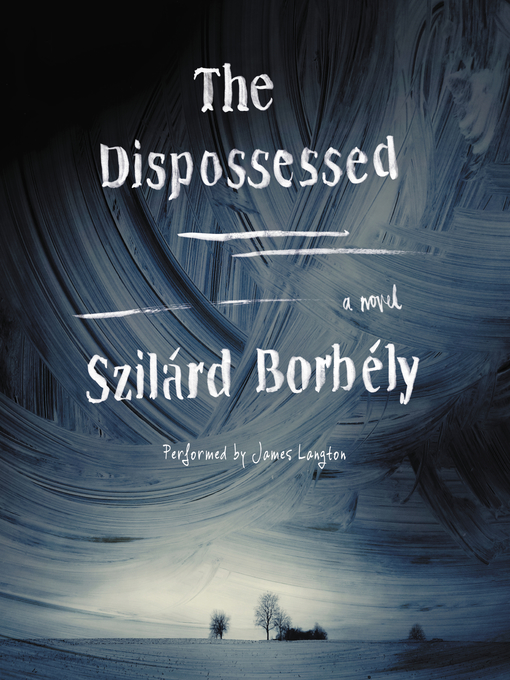A literary sensation on its original publication in Hungary, this hypnotic, hauntingly beautiful first novel from the acclaimed, award-winning poet and author Szilárd Borbély depicts the poverty and cruelty experienced by a partly-Jewish family in a rural village in the late 1960s and early 1970s.
"No one has ever written so beautifully and at the same time so without pity about the suffering in the isolated provincial villages of Hungary...His sentences have a surgical precision, and their sustained rhythm only reinforces the power of what they evoke."—Nicole Henneberg, Frankfurter Allgemeine Zeitung
In a tiny village in northeast Hungary, close to the Romanian border, a young, unnamed boy warily observes day-to-day life and chronicles his family's struggles to survive. Like most of the villagers, his family is desperately poor, but their situation is worse than most—they are ostracized because of his father's Jewish heritage and his mother's connections to the Kulaks, who once owned land and supported the fascist Horthy regime before it was toppled by Communists.
With unflinching candor, the little boy's observations are related through a variety of narrative voices—crude diatribes from his alcoholic father, evocative and lyrical tales of the past from his grandparents, and his own simple yet potent prose. Together, these accounts reveal not only the history of his family but that of Hungary itself, through the physical and psychic traumas of two World Wars to the country's treatment of Jews, both past and present.
Drawing heavily on Borbély's memories of his own childhood, The Dispossessed is an extraordinarily realistic novel. Raw and often brutal, yet glimmering with hope, it is the crowning achievement of an uncompromising talent.



